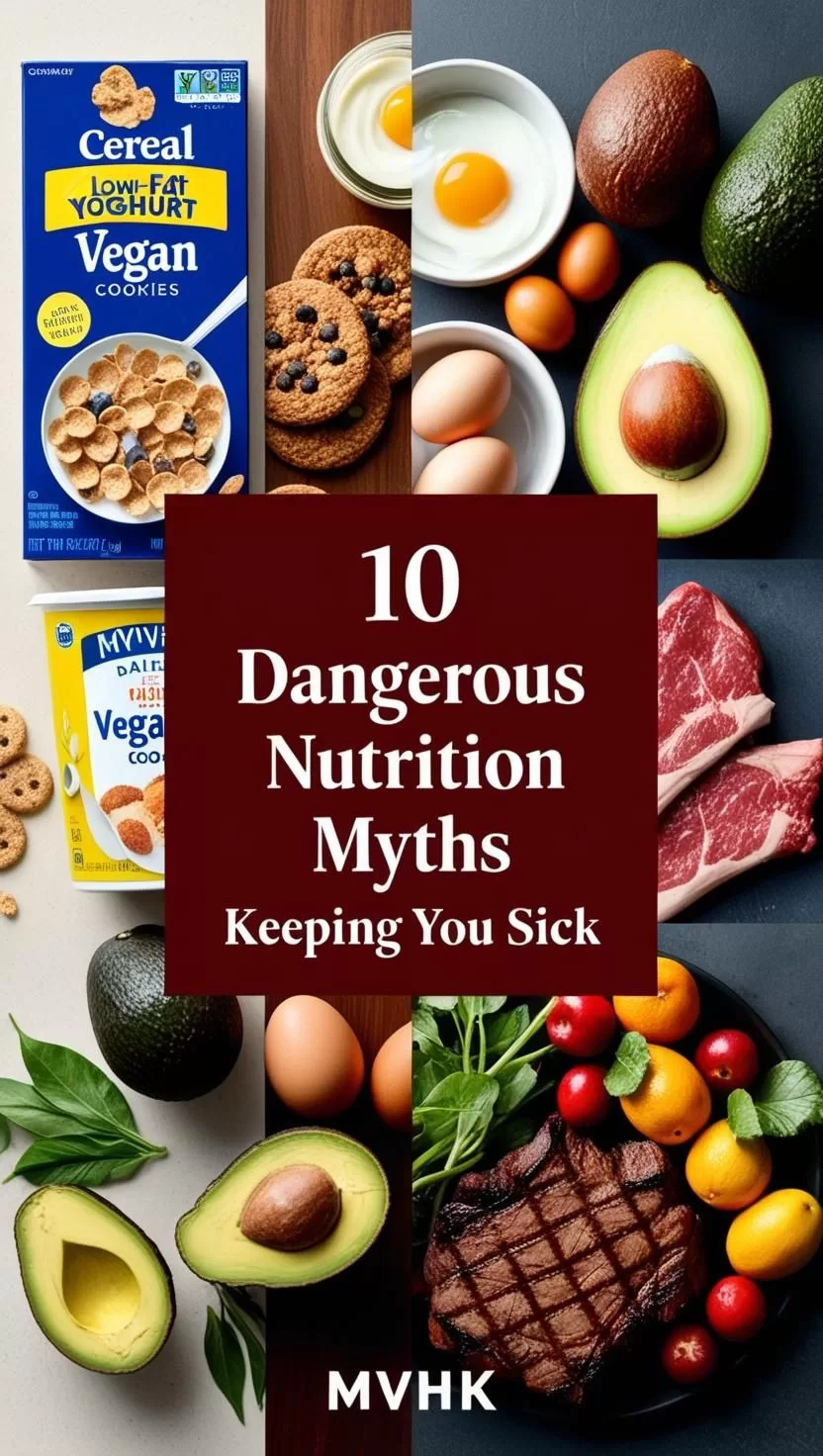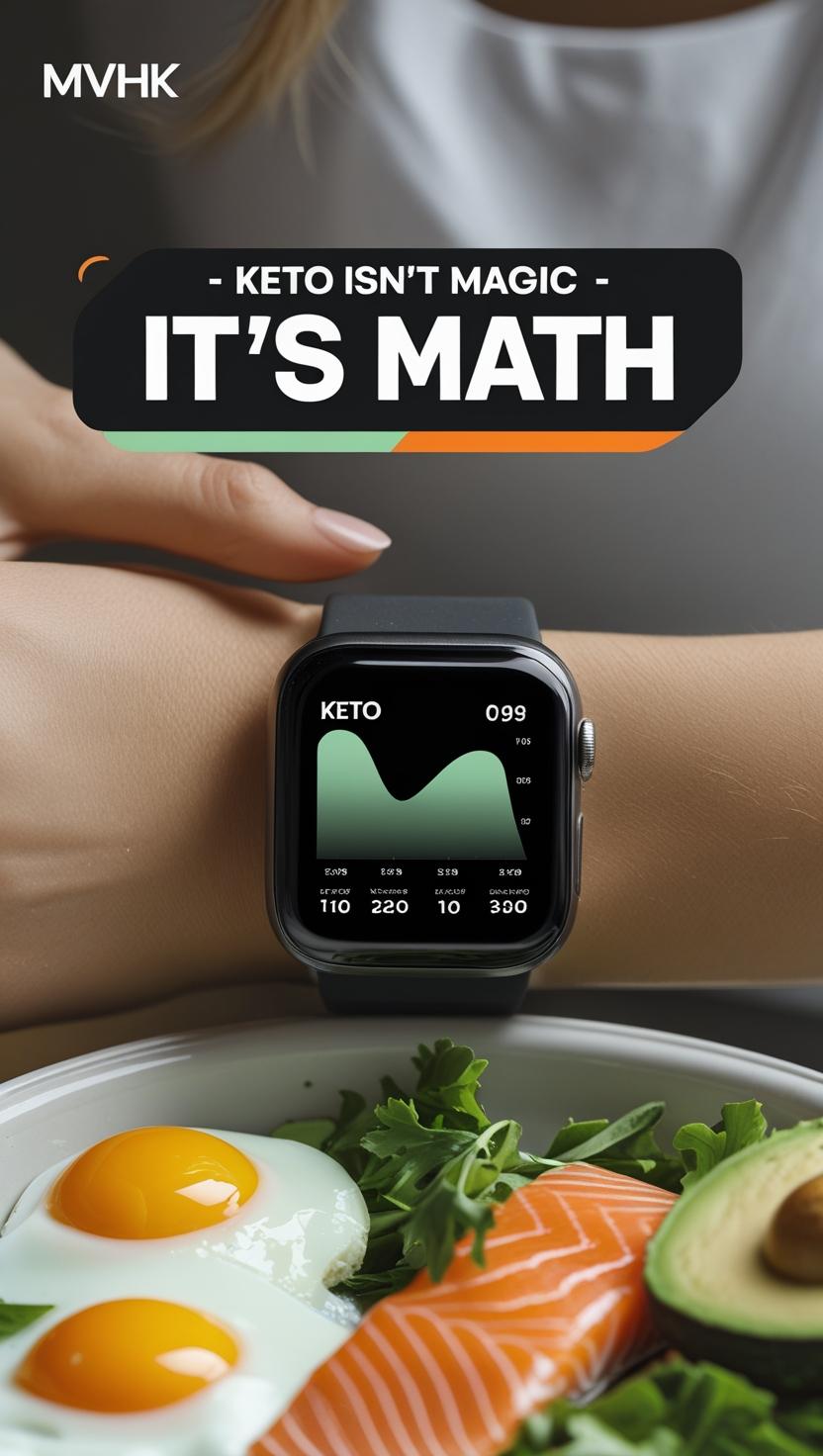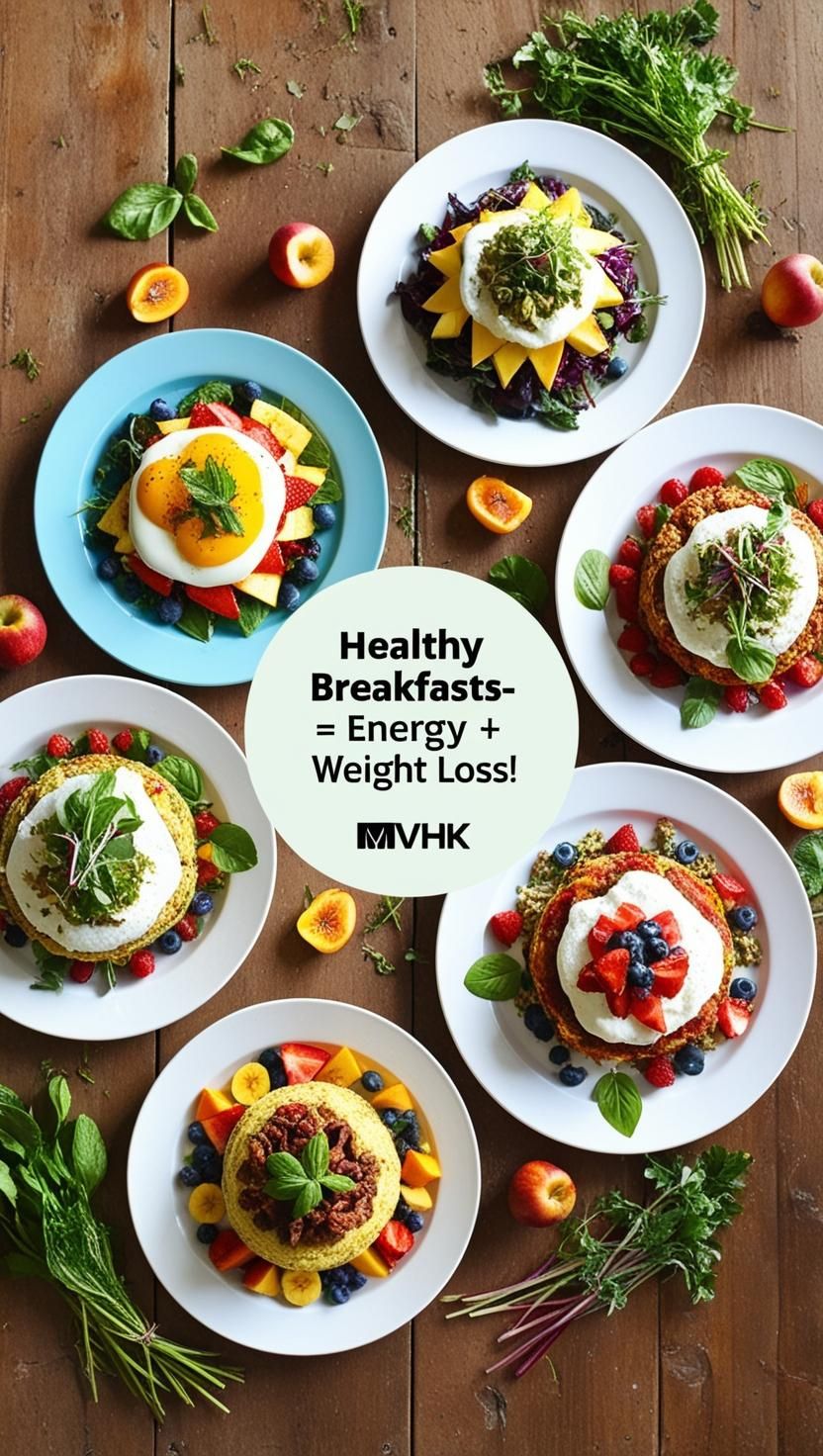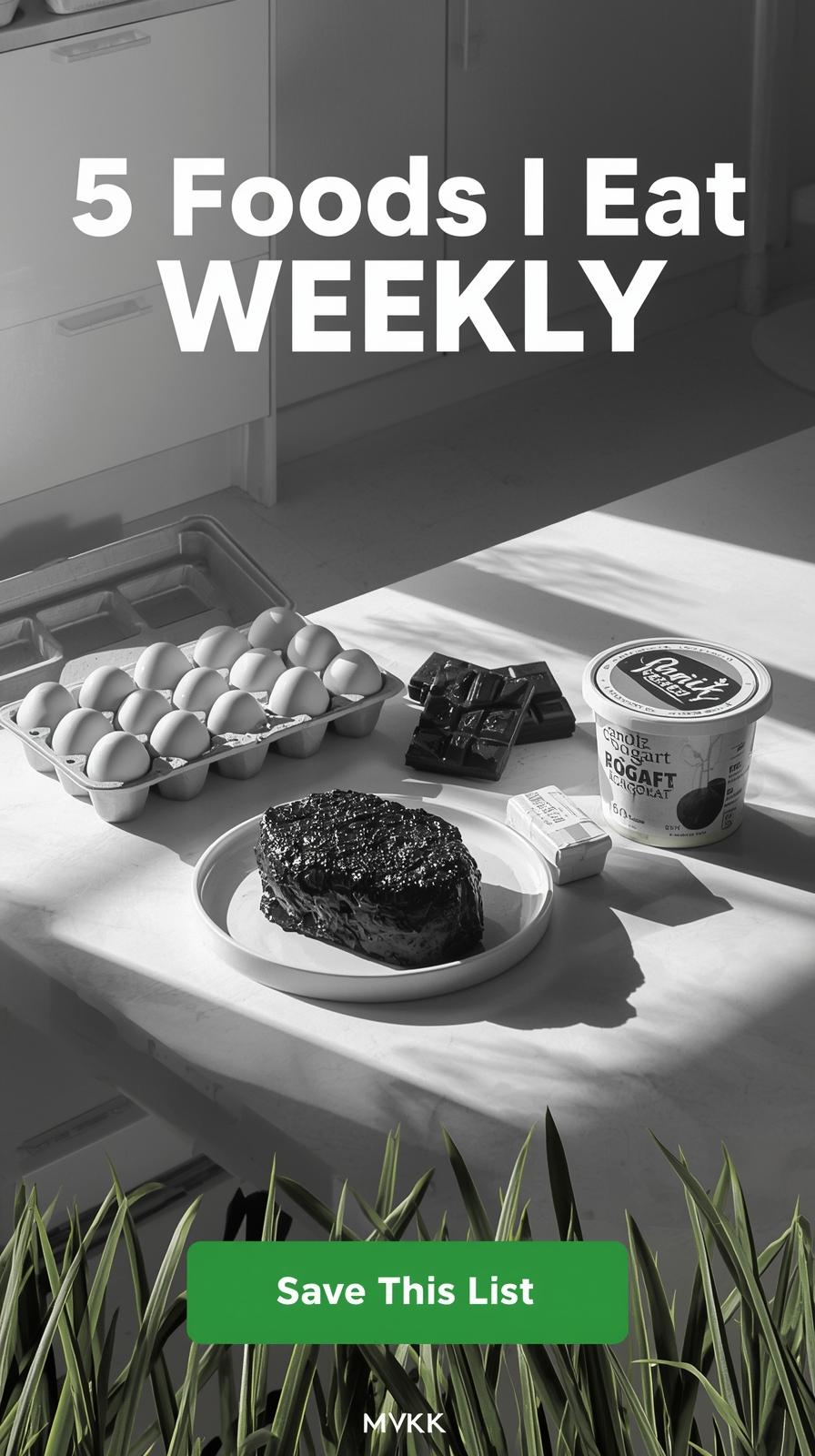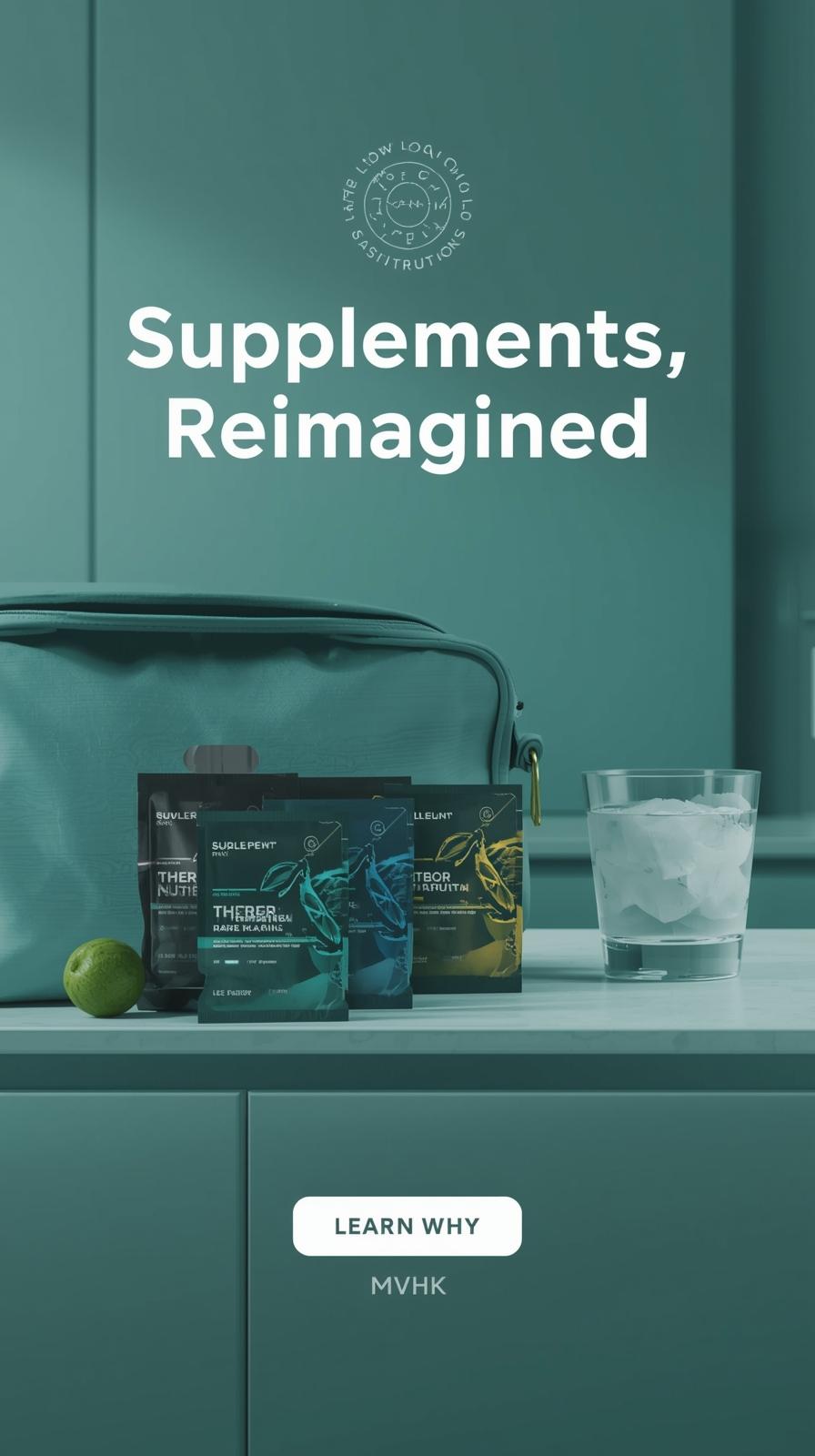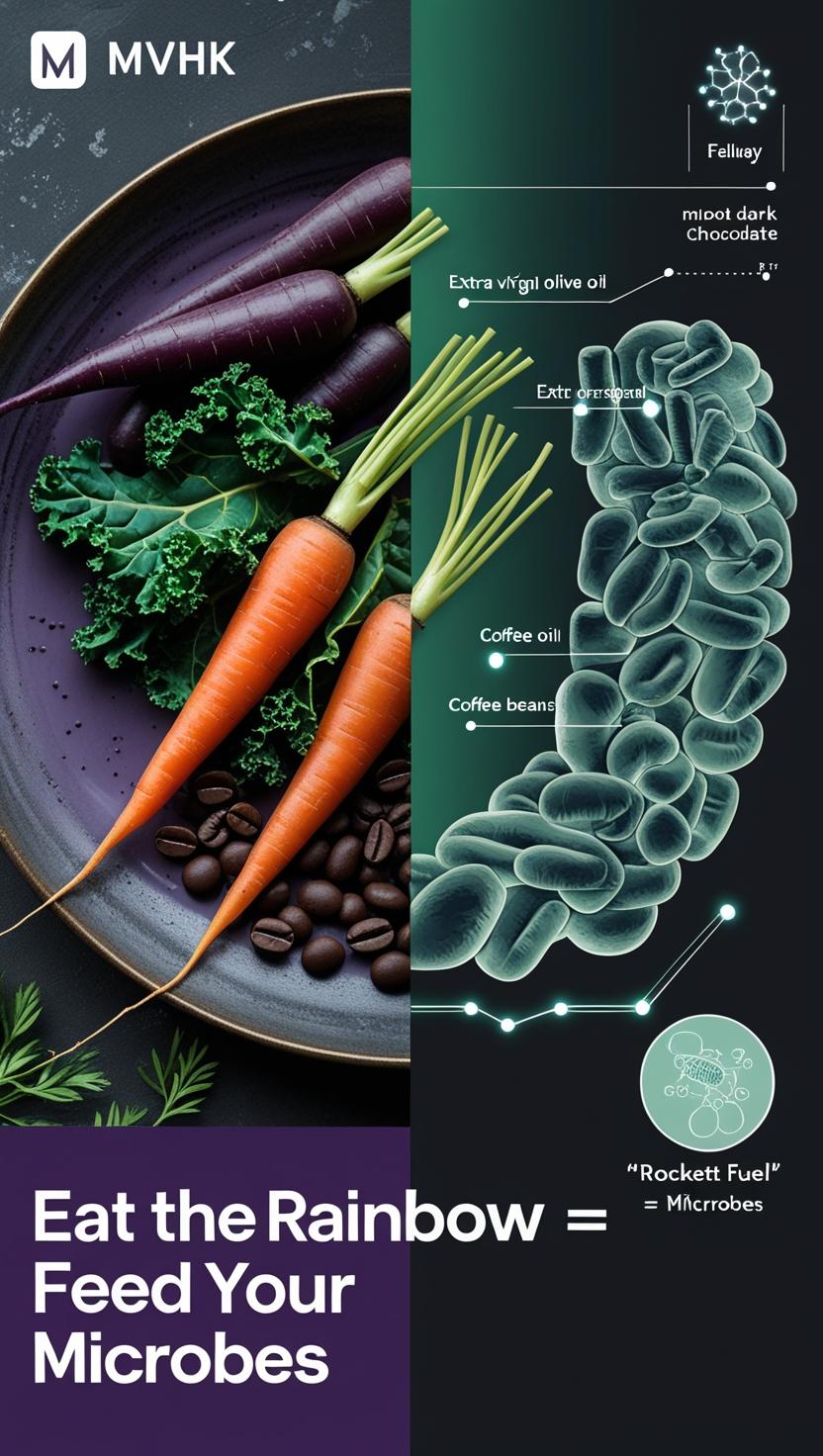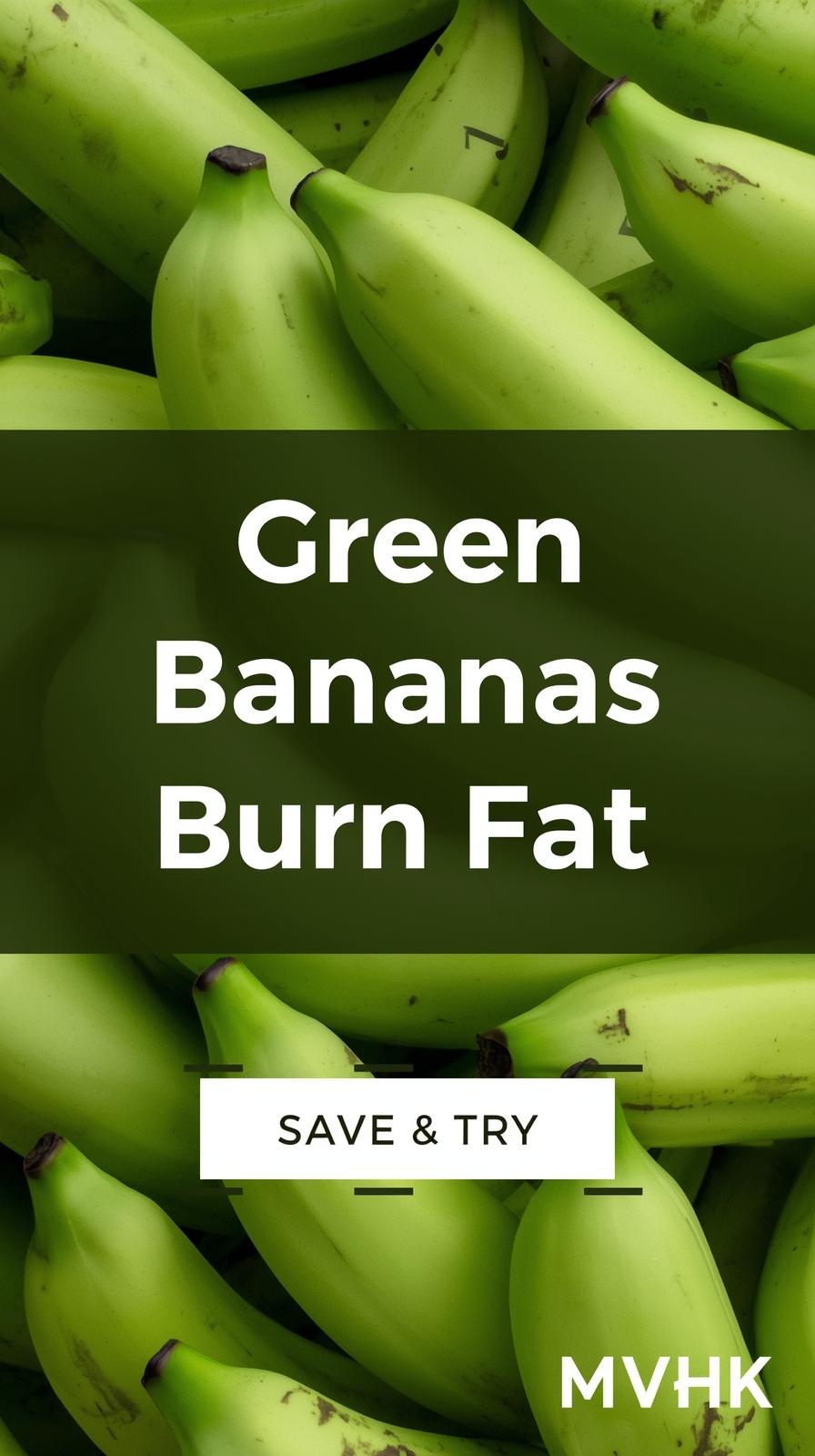10 Dangerous Nutrition Myths You Still Believe in 2025
If you’ve ever avoided fat, eaten six meals a day, or trusted that “organic” means “healthy,” you’ve fallen for some of the most harmful nutrition myths still circulating in 2025. These outdated ideas are silently driving skyrocketing rates of obesity, diabetes, and heart disease—and keeping busy professionals like you sick, tired, and misinformed.
Let’s debunk the top 10 food myths that are wrecking your health.
1️⃣ Eating Fat Makes You Fat
This myth has been dead for over a decade—yet millions still fear full-fat foods.
✅ What’s the truth?
Healthy fats like olive oil, eggs, and avocado support hormone function, brain health, and satiety. It’s excessive sugar and processed carbs—not dietary fat—that promote fat storage.
👉 Study: Harvard Public Health
2️⃣ Breakfast Is the Most Important Meal
Intermittent fasting and circadian biology show otherwise.
✅ What’s the truth?
Skipping breakfast can improve insulin sensitivity and cognitive performance—especially for busy professionals who need mental clarity. It’s not about when you eat, but what you eat.
👉 Study: PubMed – Breakfast and Cognitive Function
3️⃣ Plant-Based = Automatically Healthy
Not all plant-based diets are created equal.
✅ What’s the truth?
Ultra-processed vegan snacks and fake meats often contain refined oils, additives, and little nutrition. Whole foods—not labels—determine health impact.
👉 Study: National Library of Medicine
4️⃣ Organic Means Healthy
“Organic” cookies are still cookies.
✅ What’s the truth?
Organic farming doesn’t remove sugar or refined carbs. You still need to read labels and prioritize nutrient density.
5️⃣ Salt Is Bad for You
Excess processed salt is harmful—not salt itself.
✅ What’s the truth?
Moderate salt intake is essential for electrolyte balance, muscle function, and hydration, especially for active individuals.
👉 Study: BMJ Sodium Controversy
6️⃣ Red Meat Causes Heart Disease
Correlation ≠ causation.
✅ What’s the truth?
Red meat from healthy sources (grass-fed, unprocessed) does not increase heart disease risk when part of a balanced diet. It’s the processed junk on the side that’s the issue.
👉 Study: Meta-analysis on red meat and health
7️⃣ All Calories Are Equal
Technically yes, metabolically no.
✅ What’s the truth?
Your body processes protein, fat, and carbs differently. 200 calories from a donut ≠ 200 calories from salmon.
8️⃣ More Meals = Faster Metabolism
Frequent eating is not the secret weapon you think it is.
✅ What’s the truth?
Meal frequency has no meaningful effect on metabolism and can actually impair appetite control.
👉 Study: JISSN on Meal Frequency
9️⃣ Carbs Are the Enemy
Carbohydrates are not the villain—context matters.
✅ What’s the truth?
Whole carbs like fruits, vegetables, and legumes are crucial for energy, fiber, and gut health. Refined carbs are the problem.
🔟 Cholesterol-Rich Foods Are Dangerous
Egg yolks aren’t your enemy.
✅ What’s the truth?
Most cholesterol in your blood is made by your liver—not from food. Dietary cholesterol has little impact on heart risk for most people.
👉 Study: American Journal of Clinical Nutrition
🟢 How to Get Started Today
- Toss outdated low-fat or “organic” junk.
- Focus on whole, minimally processed foods.
- Eat based on metabolic needs, not myths.
- Replace fear with facts from current research.
🧠 Frequently Asked Questions about Nutrition Myths
What is the most dangerous nutrition myth?
That all calories are equal. It oversimplifies how your body metabolizes different nutrients.
Is red meat really safe to eat?
Yes—when unprocessed and eaten in moderation, it’s nutrient-dense and does not increase heart risk.
Does skipping breakfast slow metabolism?
No—your metabolism adapts. For many, fasting in the morning improves energy and focus.
